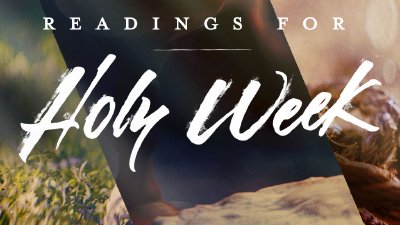For a full account of the events of this day, see Matthew 21:23–26:5, Mark 11:27–14:2, Luke 20:1–22:2, John 12:37–50.)
If Monday’s arrival in the temple was an all-inclusive, living parable of cleansing God’s house, Tuesday’s entrance is a direct, verbal confrontation with the appointed leadership. After Jesus clarifies He doesn’t regard these leaders as having any authority over Him, He spends the rest of the day right there in the temple to teach the people God’s Word. But Tuesday afternoon is the last time Jesus publicly teaches in the temple as a free man. His words on this day are His closing argument, His manifesto.
When Jesus leaves the temple on Tuesday, the chief priests and scribes are “seeking how to arrest Him by stealth and kill him” (Mark 14:1). But they can’t take His life from Him solely on the strength of the charges they plan to bring—not if He defends himself. But He won’t. Instead, by His silence, He’ll offer up His life for a world of blasphemers and traitors and liars. This was what He has come to do, and as He exits the temple that Tuesday afternoon, He knows He will do it soon.
(fr. TheGospelCoalition.org)




